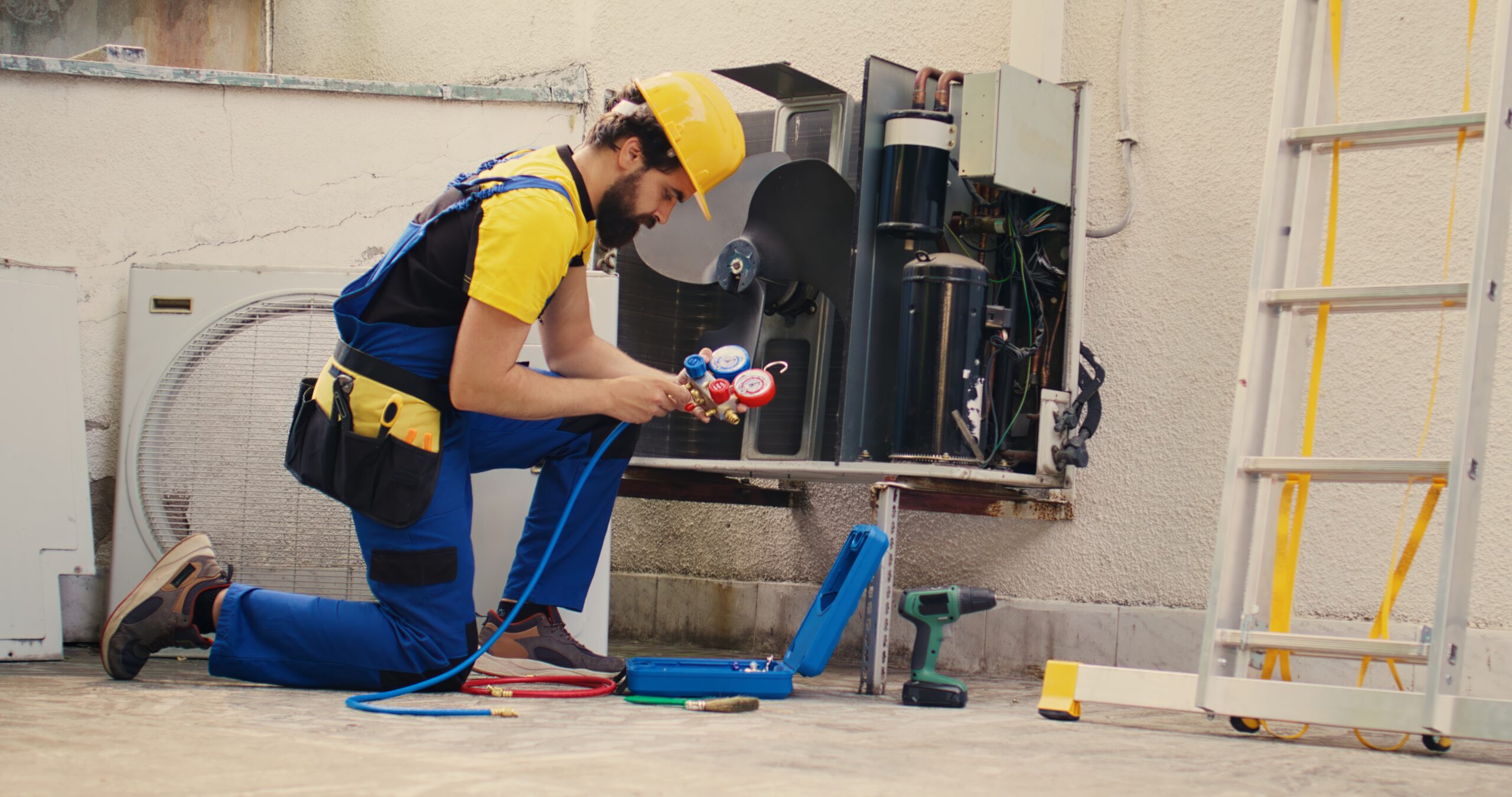Businesses of all sizes rely on several factors to increase visibility and grow. Specific examples, often known as the four P’s of marketing, include price, product, promotion, and place. Many businesses underestimate their geographic location’s essence and implications for growth. Comparing several locations based on unique growth parameters can help businesses identify the best options to locate their businesses. Here are some tips to help choose a location for your start-up.
Demographics

Choosing your business’s location based on your target market can be a good idea. First, research your market and profile your customers. Identify where the large percentage of your customers reside and determine which location best fits. Suppose you’re a commercial real estate company seeking to start up in a great location best fitting for prospective property consumers. Buying activity is likely to be more in areas with more available spaces to let or purchase. In this case, a quick Google query for “Staten Island commercial properties” can help you determine whether Staten Island can be a great spot or not.
Alternatively, businesses can also consider locations based on talent demographics. Think about the skills you need and determine if those areas have the workforce you seek.
Local Amenities
Starting up in an area with top-notch services and amenities can be a great option. According to Forbes, about 10 percent of start-ups fail in their first year, and close to 70 percent more may fail by their fifth year. This failure rate can be ascribed to several factors, including inadequate access to commercial creditors, professional advertisers, and other professionals.
Locating your business in an area with no access to essential services like debt relief counseling and mortgage loans might worsen the case. As you consider your fresh start, the first step can be to list all the vital business services. It’s also essential to figure out complementary services for staff. Find out what services your workforce needs and whether or not there are businesses to leverage. If you need help affording a mortgage loan, consider reaching out to Citizen Debt Relief for help with controlling your finances.
Competition
Competition can be a good option to consider when starting up, especially if you’re in an industry where people compare prices before shopping. That means a price tweak or product value addition can help you tap into the market, turning the competitive advantage in your favor. However, competition may not always be a pull factor. After assessing a location’s competitiveness, ensure your business doesn’t get stuck in a profitless competition war. If that’s the case, considering new areas based on how oversaturated a particular location is can be the right option.
Location History

Nike siting its headquarters in Oregon is a bold statement for its journey. Generally, customers relate to brands that are sensitive to things they care about. For instance, a Mexican restaurant may appeal more to customers if its location is symbolic of the Mexican culture in any way. The best way to choose a location based on its relation to your brand image is to define your brand and its ideals. You can assess multiple location options and identify the choice that tells the best brand story.
Legal and Administrative Implications
Some businesses may not fit in specific areas. Suppose you run an adult entertainment center. The last place you want to site your business is near a school or any place with significant underage activity. Review what the laws say about any area before making your final location choice. This is twice as essential for businesses dealing with extreme chemicals and manufacturing processes. Perform a thorough background check on eligible countries for your business type and the permits you need to set up in such areas.
Overall, location analysis might not cross your mind as a start-up owner, but the location you choose can gravely affect your business or cause it to grow. Getting it right can be significantly beneficial to your start-up.


















